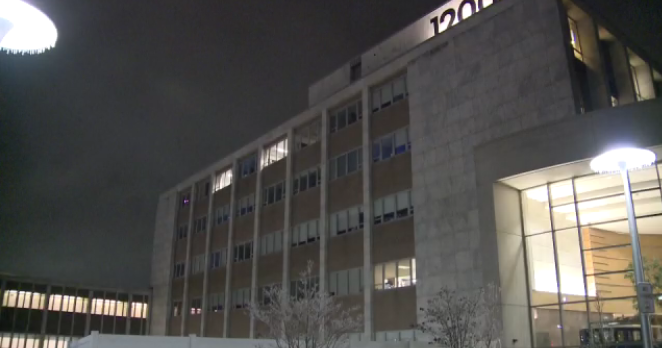One way Americans feel inflation's pain: Health insurance premiums
As experts debate whether inflation gripping everything from winter heat to holiday gifts to American Thanksgiving tables is temporary or likely to endure, Americans are facing another relentlessly rising cost: health insurance premiums.
Getting health insurance through work now costs more than $22,000 a year for families, who pick up roughly $6,000 of that tab, the Kaiser Family Foundation found in its annual benefits survey, with employers picking up the rest.
Most Americans — some 155 million — get their insurance through work. Premiums for those plans climbed 47% over the past decade — that's faster than wages at 31% and inflation itself at 19%, according to Kaiser.
The COVID -19 pandemic may have temporarily slowed the widening disparity. This year, the average family premium rose about 4%, roughly the same pace as a 5% wage increase, Kaiser said.
More employers expanded mental health care and telemedicine to make care more accessible during the pandnemic, Kaiser noted.
"In a year when the pandemic continued to cause health and economic disruption, there were only modest changes in the cost of employer-provided health benefits," said Gary Claxton, the Kaiser Family Foundation director of its health care marketplace project, in a statement.
Don't expect that to last. Employers expect health care costs to return to a pre-pandemic annual rise of more than 5% next year, according to a recent survey from Willis Towers Watson, a corporate advisory firm. The figure includes cost reductions like the widespread adoption of telehealth services during the pandemic, Willis Towers Watson noted.
More than half of the companies offering health benefits are shopping for new health plans or insurance carriers in the past year, similar to 2020, Kaiser found.
The modest health care premium changes this year come as many public companies post record profits. So far in the third quarter, companies in the Standard & Poor's 500 index reported or are forecast to post earnings growth of 39% for the three months ending in September, according to FactSet.
If that pace holds, it will mark the third-highest earnings growth rate since 2010.





